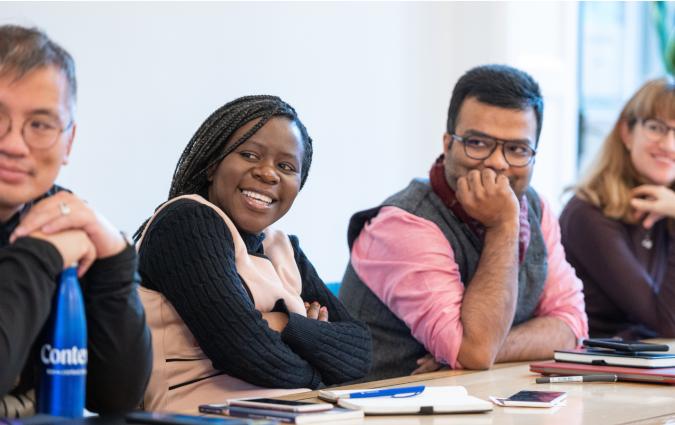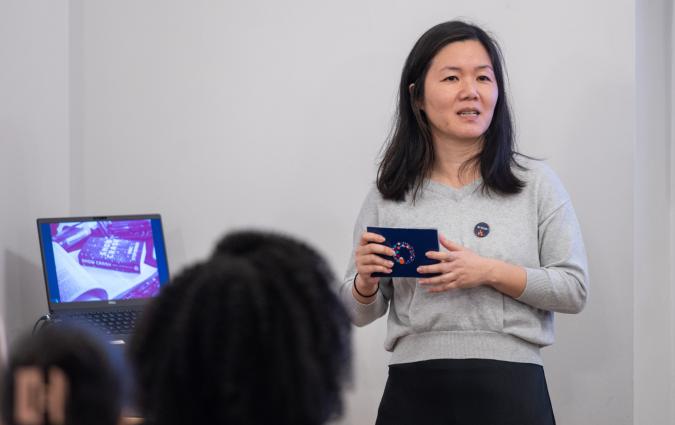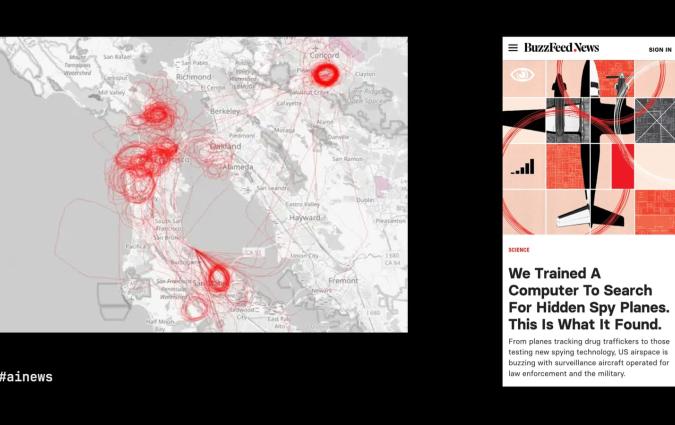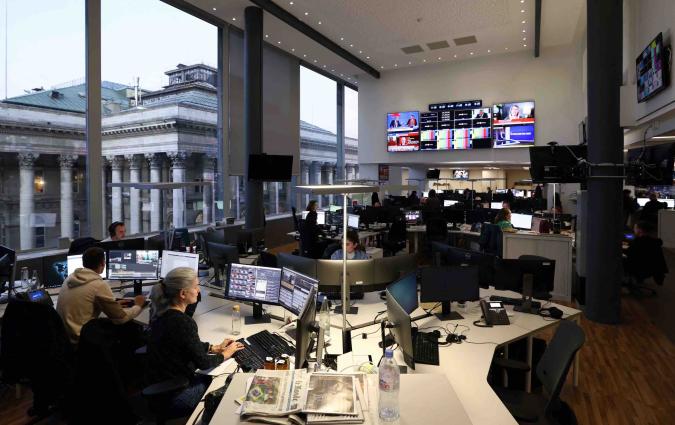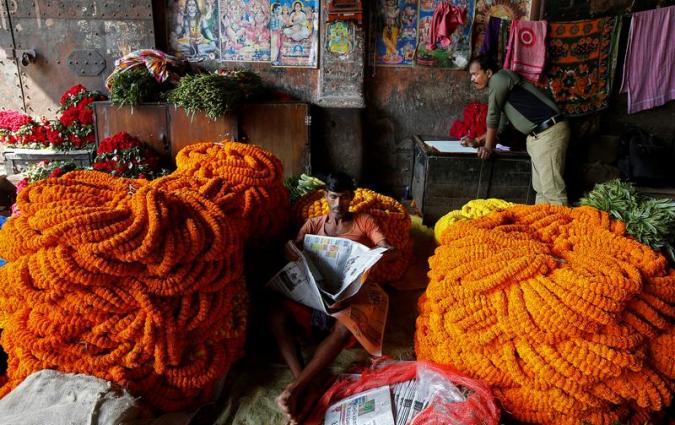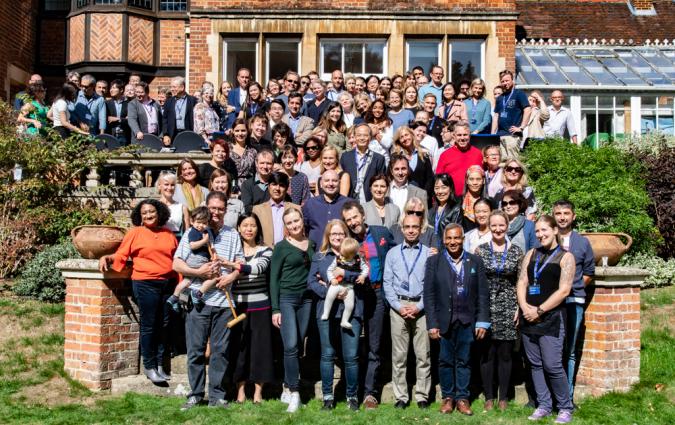
How 2024 shaped journalism: insights from the Reuters Institute’s work
From news influencers to generative AI and digital platforms, our researchers and reporters have explored the future of journalism this year. Here’s a piece with findings, trends, voices, podcasts, projects and two important annual events..
- Read our recent report on attitudes towards digital platforms.
- Listen to our podcast about the findings
- Explore more of our work on platforms and social media
- Read our Digital News Report 2024 on news consumption trends worldwide
- Find our research and articles on AI and the future of news
- See our research on race and gender in newsroom leadership
In every email we send you'll find original reporting, evidence-based insights, online seminars and readings curated from 100s of sources - all in 5 minutes.
- Twice a week
- More than 20,000 people receive it
- Unsubscribe any time
signup block
Sign up

The University of Oxford is appointing a new Director of the Reuters Institute. The successful candidate will have the strategic vision, academic credentials and public engagement skills to ensure the Reuters Institute continues to thrive. Deadline: Friday 17 January, 17:00 (UK time).
Our programme is one of the world’s leading schemes for practising, mid-career journalists to take some time out from their day jobs to explore journalism in depth.
Alberto Cairo and Simon Rogers on data journalism for the Olympics. · Read | Dima Saber on journalism and AI · Read | Sarah Kent on covering fashion. · Read | Dr. Bahareh Heravi on using AI in the newsroom. · Read | Peter Pomerantsev on fighting disinformation during the EU elections. · Read | Adriaan Basson on South Africa's crucial election. · Read
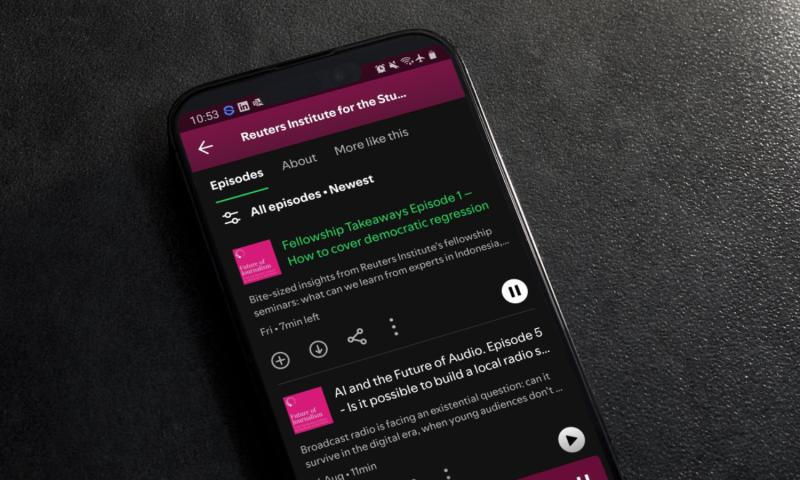
Host Caithlin Mercer draws on insights from some of the world's leading journalists focusing on a single issue per bite-sized episode.

Explore the Digital News Report 2024
This year's report offers new insights on social media, AI in journalism, reader revenue, news influencers and trust in news. | Read the executive summary | Download a PDF version | Watch our video summary | Explore the report in hundreds of slides | Watch our launch events
- Listen to our podcast episode with lead author Nic Newman and the Institute's Director Rasmus Nielsen discussing the key findings of the report.
How audiences think about trust in news
By Rasmus Nielsen and Richard Fletcher
Public attitudes about AI and journalism
By Amy Ross Arguedas
Audiences and user needs
By Richard Fletcher
How much do people pay for news?
By Craig T. Robertson
The rise of news influencers
By Nic Newman
Explore data from your country
Europe
North America
Latin America
Asia Pacific, Oceania
Asia Pacific
Africa
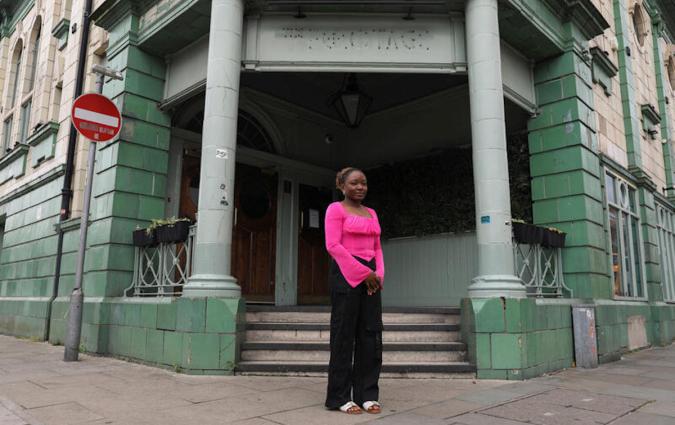
How AI chatbots responded to questions about the 2024 UK election
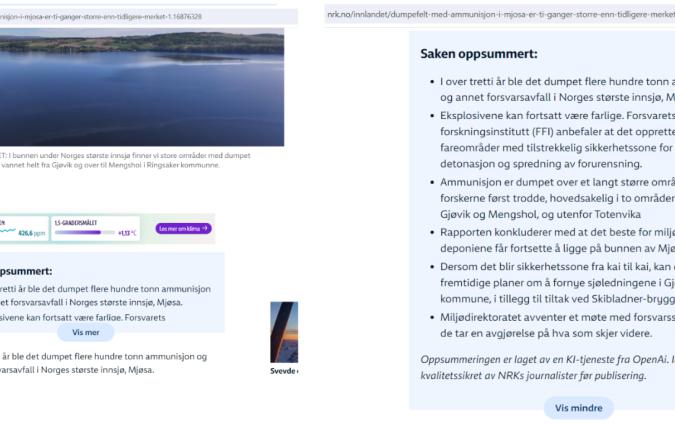
How Norway’s public broadcaster uses AI-generated summaries to reach younger audiences
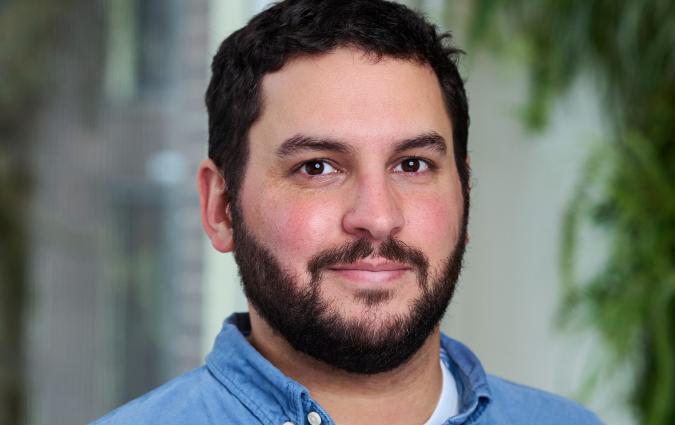
AI newsroom guidelines look very similar, says a researcher who studied them. He thinks this is bad news
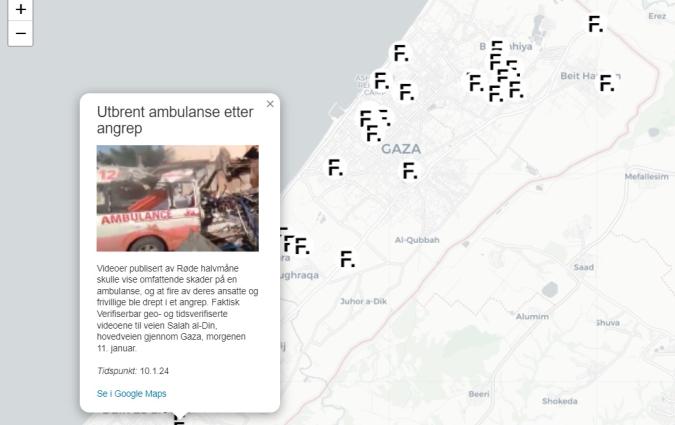
Generative AI is already helping fact-checkers. But it’s proving less useful in small languages and outside the West
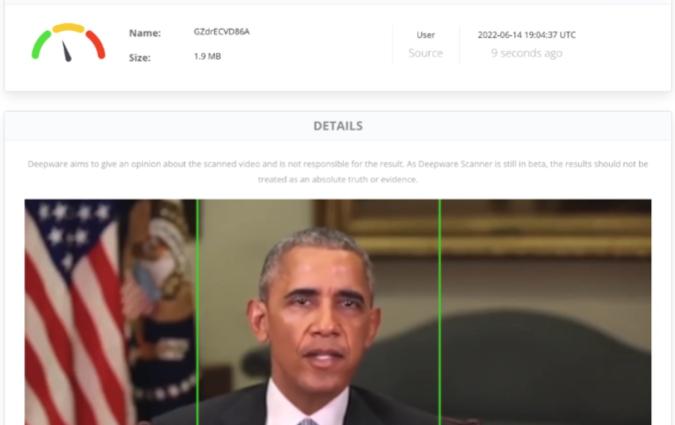
Spotting the deepfakes: how AI detection tools work and where they fail

What’s wrong with the robots? An Oxford researcher explains how we can better illustrate AI news stories

Julia Angwin: “AI makes it much easier to flood the zone with misinformation”

I trained an AI model with my own scripts and created a chatbot to help journalists make viral vertical videos

How the news ecosystem might look like in the age of generative AI
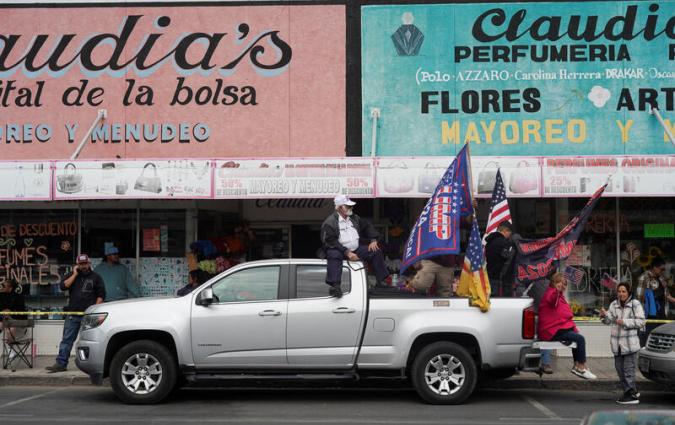
AI, lies and conspiracy theories: How Latinos became a key target for misinformation in the US election

Nordic AI in Media Summit 2024: Five projects you should keep an eye on
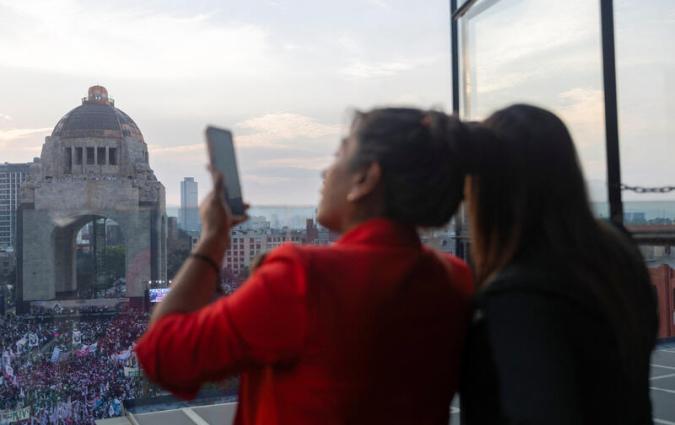
How AI disinformation might impact this year’s elections and how journalists should report on it
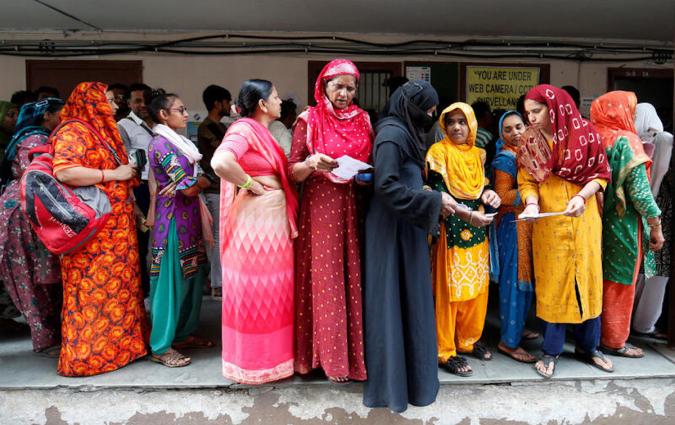
AI deepfakes, bad laws – and a big fat Indian election
Explore our work on
As the industry changes, we track the ever-shifting trends, aiming to connect rigorous academic research with the practical experiences of professional journalists, media managers and policy-makers.
The Reuters Institute for the Study of Journalism is dedicated to exploring the future of journalism worldwide through debate, engagement, and research.






